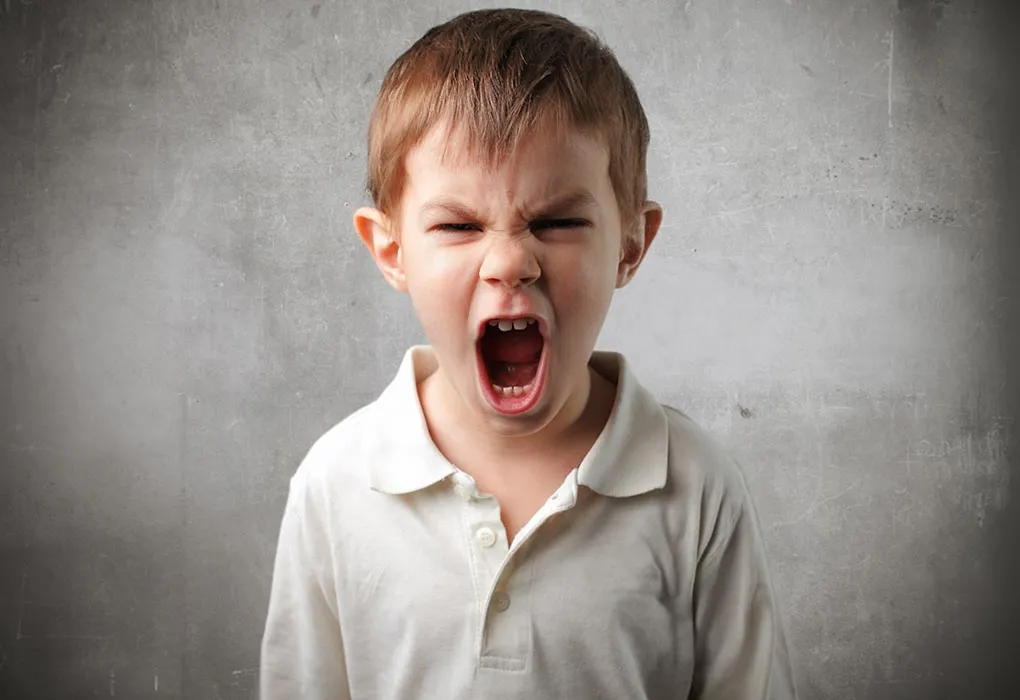Have you ever wondered why your child acts out, even when you’ve tried everything to discipline them? According to Dr. Shefali Tsabary, author of Out of Control, misbehavior is often a cry for help—a sign that your child feels disconnected or misunderstood.

Understanding the Root of Misbehavior:
Children don’t misbehave because they’re “bad.” They act out because they’re struggling with emotions they don’t know how to express. When we punish or scold them, we only deepen their sense of disconnection.
Instead of focusing on the behavior, we need to look beneath the surface to understand what’s really going on.

How to Respond with Connection:
- Pause and Reflect: When your child misbehaves, take a moment to pause and reflect. Ask yourself, “What is my child trying to communicate? Are they feeling overwhelmed, frustrated, or disconnected?”
- Validate Their Feelings: Instead of dismissing their emotions, validate them. For example, if your child is throwing a tantrum, say, “I see you’re really upset right now. It’s okay to feel angry, but let’s find a better way to handle it.”
- Reconnect: Spend quality time with your child, even if it’s just a few minutes of undivided attention. This helps them feel valued and understood, reducing the need for attention-seeking behavior.
The Long-Term Benefits of Connection:
When we respond to misbehavior with connection rather than punishment, we teach our children that their feelings matter. This fosters emotional resilience and self-regulation, helping them confidently navigate life’s challenges.
Conclusion:
Misbehavior is often a sign that your child needs more connection, not more discipline. By responding with empathy and understanding, you can strengthen your bond with your child and help them develop the emotional skills they need to thrive.












